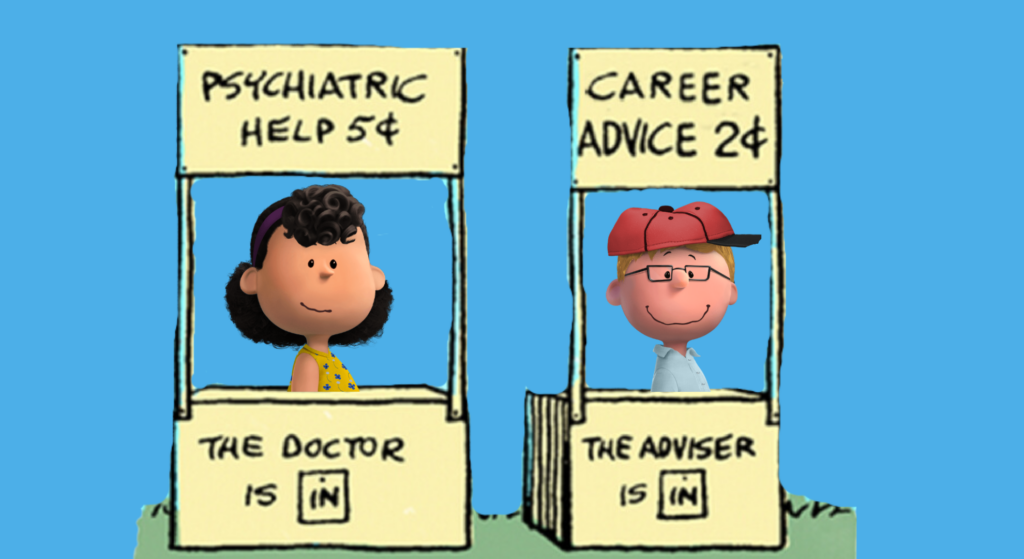Dear Mike:
I recently applied for a job and received what seems like a standard recruiter response, something along the lines of “We’ll review your application and get back to you.”
Should I reply to acknowledge their message, or just leave it alone? I don’t want to be annoying, but I also don’t want to miss an opportunity to stay on their radar.
Also, the search firm has a “nominate” function on their website, where others can vouch for candidates. Since I’ve already expressed interest, would having a former colleague nominate me be helpful, or does that seem redundant?
Thanks,
Linus
_______________________
Hey Linus,
Great questions as these are scenarios that come up all the time during the job search process, and there’s definitely a bit of strategy involved in handling them well.
Let’s start with the recruiter’s response.
When you receive a generic response like “Thank you for applying; we’ll review your materials and get back to you,” it’s almost always a form letter. Recruiters are typically managing a high volume of applications, so they send these out to keep the process moving without making any specific commitments. In most cases, you don’t need to respond, but that doesn’t mean you should disappear completely.
A short, polite acknowledgment like, “Thank you, Stephen. I appreciate the update and look forward to hearing from you,” is enough. It shows professionalism without applying pressure.
But the real next and best step is to connect with the recruiter on LinkedIn.
You don’t need to send a long message, just a simple connection request is enough. Why? First, it creates a passive touchpoint that subtly keeps you on their radar. Second, if they accept the connection, that’s a good signal that they see you as a potentially relevant candidate. If they ignore it, that’s also useful information, it suggests you may not be high on their list right now, which can help you adjust your expectations.
Now, about the “nominate” function – yes, use it.
Even if it’s not a key part of the recruiter’s process, a nomination from someone who knows your work well strengthens your application. It acts as an informal reference and shows that someone with credibility is willing to vouch for you. Just be strategic about who you ask, pick someone who can speak directly to the skills and experience the role requires.
Another important piece of advice: don’t overdo the follow-ups.
Once you’ve acknowledged the recruiter’s response and submitted your nomination, step back and let the process play out. If you don’t hear back after a couple of weeks, a polite check-in is fine, but you don’t want to be the person who follows up every few days.
Executive search firms work on their own timelines, and while it’s tempting to seek constant updates, patience is key.

Finally, keep in mind that even if you don’t get this particular role, you’ve now established a professional connection with the recruiter. If you’ve handled the process well, professional, respectful, and proactive without being overbearing. they’re more likely to consider you for future opportunities. This is why the LinkedIn connection is valuable, it allows you to stay on their radar even if this role doesn’t pan out.
You’ve got a solid approach here, Chuck. Best of luck with the process, I hope you land the role!
Mike
_______________________
TNCR Community – what advice would you add to this thread? Do you have a perspective that you can share? Have a career question for Mike? Email him directly at mike.burgett@burgateglobal.com





